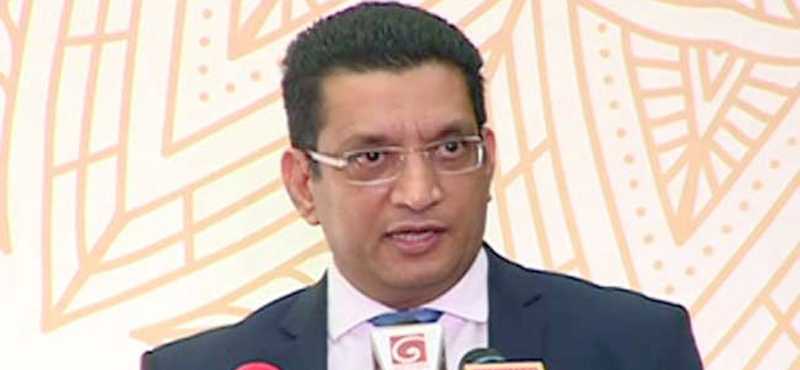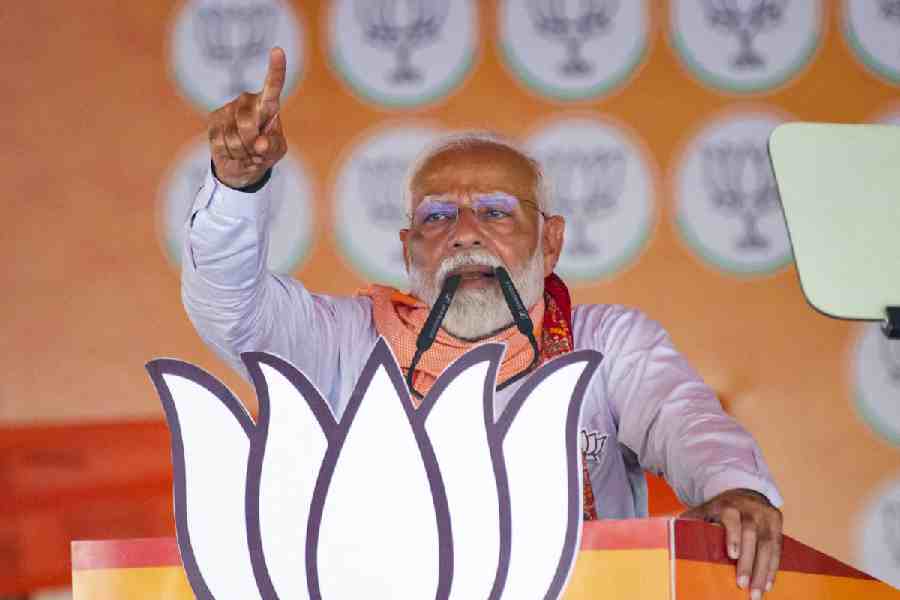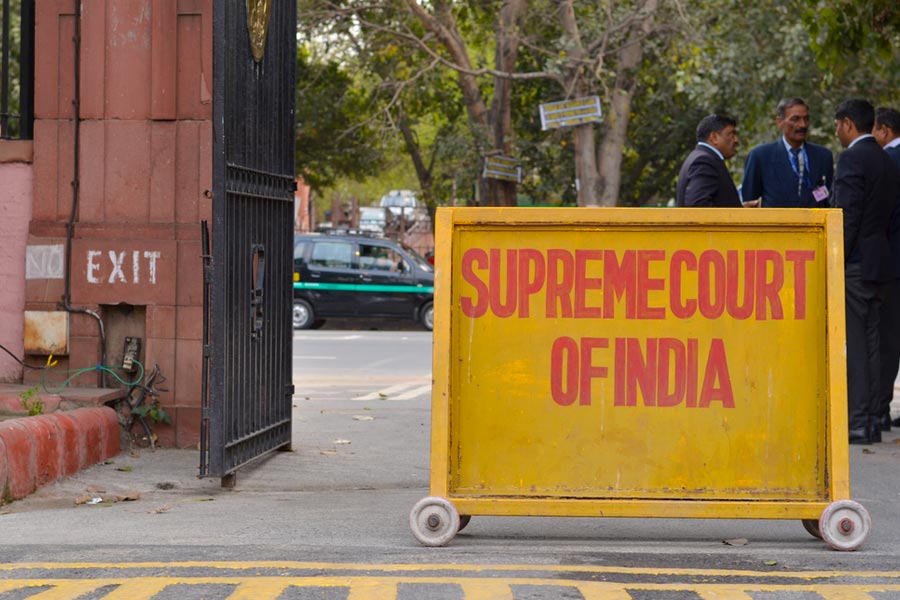Sri Lanka on Monday took strong exception to a report tabled by a top UN human rights official, which made extensive references to “economic crimes” being committed in the crisis-hit island nation, asserting that it exceeded the mandate of a person holding such a prestigious post. The 51st session of the UN Human Rights Council Session began in Geneva on Monday, where a resolution on Sri Lanka is expected to be tabled.
The report on Sri Lanka was presented by the Acting High Commissioner for Human Rights Nada AlNashif. “It is observed that the UN Acting High Commissioner for Human Rights has tabled a report on Sri Lanka that makes extensive reference to economic crimes. Apart from the ambiguity of the term, it is a matter of concern that such a reference exceeds the mandate of the Office of the United Nations High Commissioner for Human Rights (OHCHR),” Sri Lanka’s finance minister Ali Sabry said.
He said that Sri Lanka would be compelled to reject any follow-up measures to the resolution and recommendations made by Al-Nashif, while reaffirming Ranil Wickremesinghe government’s unflinching commitment towards advancing, securing, and protecting human rights in the country, but would object to any international judicial intervention that it sees as anti-constitutional.
The foreign minister reiterated Sri Lanka’s continued engagement with the Human Rights Council in a spirit of cooperation, and dialogue and pursuing tangible progress in the protection of human rights and reconciliation through independent domestic institutions. Sabry said the government is sensitive to the economic crisis and hardships faced by the people. Al-Nashif exhorted UN member states and international financial institutions to support Sri Lanka.
“I encourage the new government to embark on a national dialogue to advance human rights and reconciliation and to carry out the deeper institutional, democratic and security sector reforms needed to restore the independence of key institutions, combat impunity, to prevent the recurrence of human rights violations, and to tackle the economic crisis,” she said.










